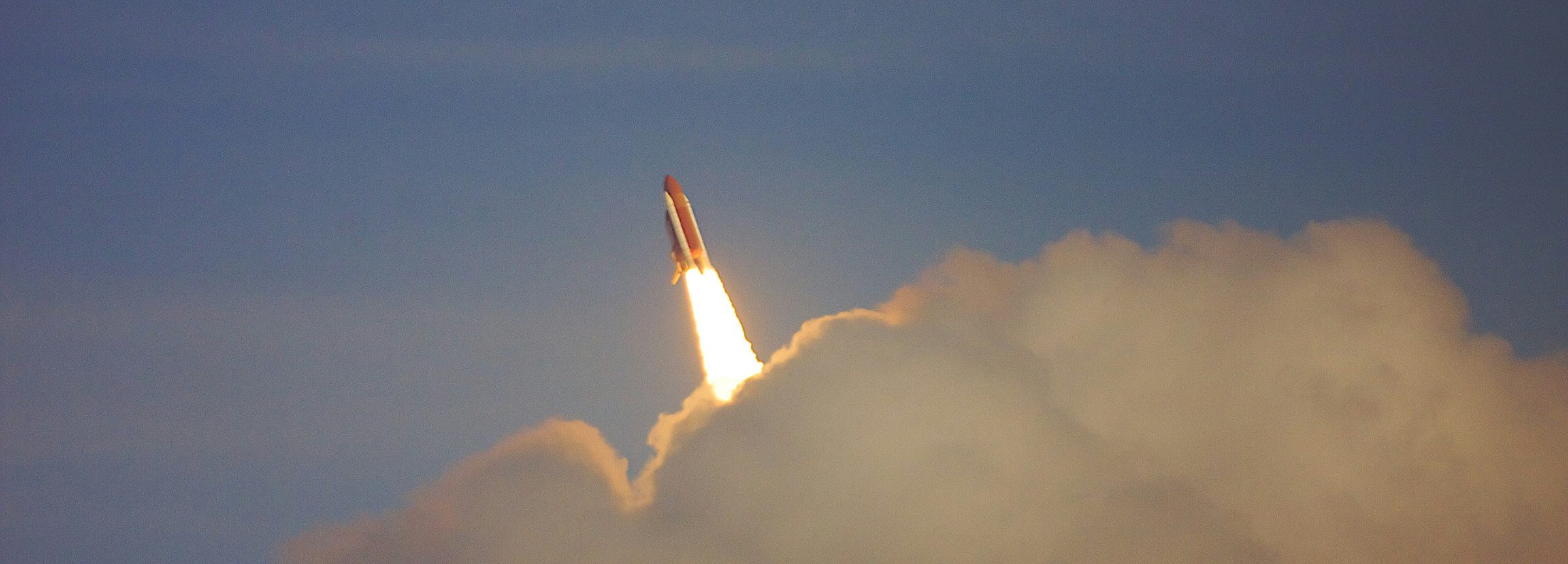
News Writer Finn Carpenter reports on UK and US continuing strikes on Houthi missile sites
On January 22nd, the UK and US conducted their second joint strike on Houthi-controlled targets in Yemen. Eight military sites were targeted in this operation, including an underground storage facility, surveillance site, and missile launch site, as confirmed in a joint statement by a Pentagon official.
In conjunction with US fighter jets off the USS Eisenhower carrier, four RAF Typhoons and two Voyager tankers were involved in the operation according to the Ministry of Defense (MoD). Paveway IV precision guided bombs were used to strike targets in and around the Sanaa airfield which was a confirmed launching site for Houthi surveillance and attack drones.
The MoD emphasized the use of rigorous analysis to minimize the risk to civilian lives and infrastructure, following ‘UK standard practice.’
…the UK denounced continued Houthi strikes as ‘illegal and reckless’
Both the US and the UK defended these strikes as self-defensive measures, part of Operation Poseidon Archer. This joint defensive coalition, led by the US under Operation Prosperity Guardian, includes Australia, Bahrain, Canada, the Netherlands, New Zealand, and the UK.
In a joint statement for the 24 country coalition, the UK denounced continued Houthi strikes as ‘illegal and reckless’. The ongoing strikes aim to ‘disrupt and degrade the capability of the Houthis to continue their attacks on global trade and innocent mariners.’ According to the MoD, Houthi missile capability has been reduced by up to 30 percent since defensive operations began.
…Houthi missile capability has been reduced by up to 30 percent since defensive operations began
The conflict began in November when Houthi missiles targeted ships in the shipping route between Yemen and Eritrea. Despite Houthi leaders’ claims of targeting ships involved in the Israel-Hamas conflict, unrelated vessels have also been hit.
The Bab al-Mandab Strait, hosting 15 percent of global shipping and providing exclusive access to the Suez Canal, has seen major shipping companies, like Maersk, rerouting ships to avoid the region, incurring over one million USD in extra travel costs depending on cargo.
Concerns exist about potential escalation, especially with Houthi mistakenly targeting a Russian oil-carrying ship. There are allegations from US and UK intelligence agencies that Iran continues to supply arms to groups like Hamas, Hezbollah, and the Houthi, including the missiles used in these attacks on UK ships. If these groups were to coordinate or if Iran became more directly involved, it could lead to a direct confrontation between the US and Iran.
Read more News articles here:
UoB Ranks 35th in 2024 QS Sustainability Rankings
Birmingham Family’s Four-Year Plea for Help in ‘Unsafe’ Council Flat Nightmare
Women Can Recall Events of Sexual Assault With Accuracy, Even When Intoxicated
Comments